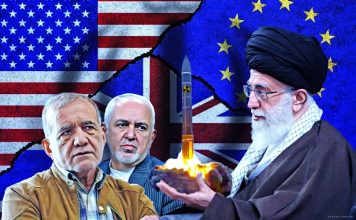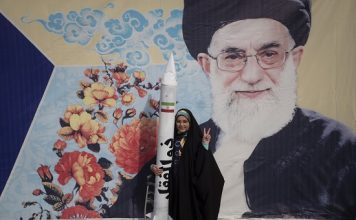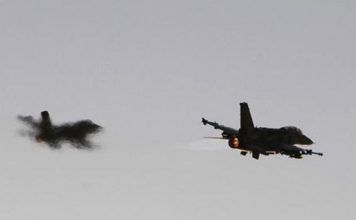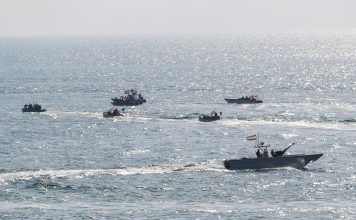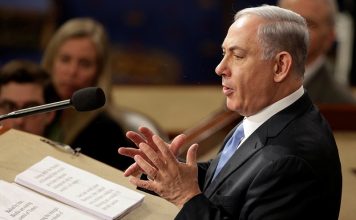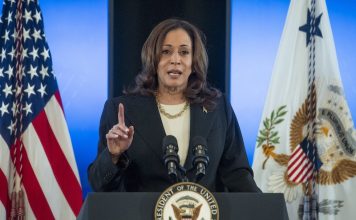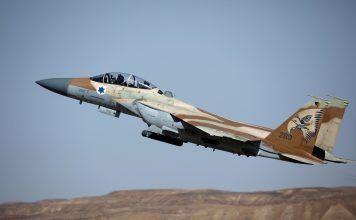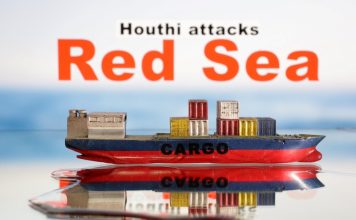ASHGABAT, April 20 (Reuters) – Israeli Foreign Minister Eli Cohen inaugurated a permanent embassy in the Central Asian nation of Turkmenistan on Thursday, establishing his country’s closest diplomatic presence to Iran, as Israel seeks to strengthen ties to its arch-foe’s neighbours.
Although the countries established diplomatic relations 30 years ago, there had only been a temporary Israeli mission in Ashgabat and predominantly Muslim Turkmenistan still has no embassy in Israel.
“I came to open an Israeli embassy 17 kilometres from the border with Iran, and to hold a series of meetings with the president and other officials,” Cohen tweeted on Thursday.
[aesop_image img=”https://kayhanlife.com/wp-content/uploads/2023/04/2023-03-22T000000Z_5497435_MT1NURPHO00092NRU0_RTRMADP_3_ISRAELI-MINISTER-OF-FOREIGN-AFFAIRS-ELI-COHEN-VISITS-POLAND.jpg” panorama=”off” align=”center” lightbox=”off” captionsrc=”custom” caption=”Israeli Minister of Foreign Affairs Eli Cohen. FILE PHOTO/REUTERS./” captionposition=”left” revealfx=”off” overlay_revealfx=”off”]
In English remarks to Israeli reporters accompanying Cohen, his Turkmen counterpart, Rashid Meredov, described the embassy inauguration as “a very shining example of our friendship”.
Cohen, who also met Turkmen President Serdar Berdymukhamedov, called his visit “historic” and said Israel’s ties with Central Asia’s “energy superpower” were of strategic importance.
“We intend to widen economic relations to include agriculture, water, technology and border defence,” Cohen said in a video issued by Israel’s Foreign Ministry. “No doubt both countries will benefit from the closer cooperation.”
Azerbaijan Appoints First Ever Ambassador to Israel amid Iran Row
The gas-rich desert nation of six million has an official neutrality policy, avoiding membership in any political or military blocs. Its main economic partner is China, which buys the bulk of Turkmen gas exports.
Turkmenistan’s trade with Iran is relatively small and the two countries had disputes about potentially large hydrocarbon deposits in the Caspian Sea.
Although all five Caspian littoral states signed a convention in 2018 settling such disputes, Tehran is yet to ratify the document – which also holds up Ashgabat’s plans to build a pipeline across the sea to ship gas to Europe.
(Reporting by Marat Gurt; Additional reporting by Dan Williams in Jerusalem; Writing by Olzhas Auyezov, Editing by William Maclean and Gareth Jones)



